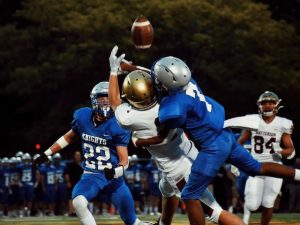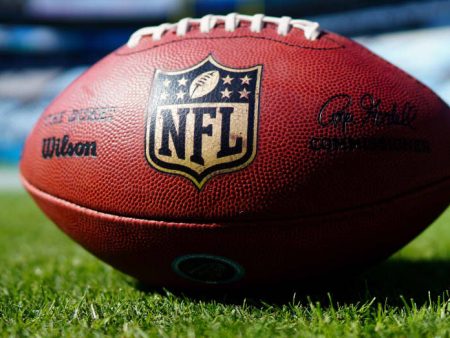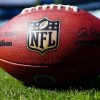In an unprecedented move, Florida has embarked on a transformative journey with the legalization of sports betting, marking a significant milestone in the realm of gambling. After months of legal battles and uncertainty, a groundbreaking gaming compact has been approved, striking a deal between the state legislature and the Seminole Tribe.
A Compact Redefining the Gambling Landscape
Gone are the days of limited gambling options in the Sunshine State. The recently sanctioned 2021 gaming compact has shattered the confines of the past, ushering in a new era of possibilities. Sports betting, fantasy betting, and an array of thrilling table games such as roulette and craps are set to take center stage, exclusively within the boundaries of tribal casinos.
Seminole Tribe’s Exclusive Control
In a historic agreement, the Seminole Tribe has emerged as the sole operator of sports betting in Florida, exercising exclusive control over this burgeoning industry for the next three decades. Paving the way for enthusiasts aged 21 and above to engage in wagering on a wide range of sporting events, the tribe holds the keys to this virtual realm of excitement. With each bet routed through the Seminole Tribe, their pivotal role in Florida’s gambling landscape is reinforced, while financial returns to the state are set to soar, with a minimum annual payment of $500 million guaranteed.

Florida’s Intricate Gambling Jurisdiction
Florida’s gambling landscape is ensnared in a web of intricate regulations. The coexistence of illegal commercial gambling and legal tribal gambling, coupled with the presence of the state lottery, parimutuel casinos, and the cruise industry, creates a unique blend of complexities. Governed by the Indian Gaming Regulatory Act of 1988, the Seminole Tribe stands at the forefront, wielding influence through its ownership of seven casinos, including the illustrious Seminole Hard Rock Hotel and Casino in Tampa.
Challenges emerge when online betting enters the equation. The state argues that online sports betting still occurs on tribal land due to the presence of servers located within tribal properties. However, a federal district court judge dismissed this contention as mere fiction in November 2021, leading to the invalidation of the previous compact. Recently, the U.S. Court of Appeals for the District of Columbia Circuit reversed this decision, citing the adaptable nature of federal gaming laws in accommodating Florida’s gaming compact.
A Future Shrouded in Uncertainty
While the Seminole Tribe celebrates its newfound freedom to launch the highly anticipated Hard Rock Sportsbook betting app and introduce roulette and craps to their casinos, the path ahead remains fraught with uncertainty. The tribe is currently scrutinizing the recent court decision to determine its subsequent steps.
However, this ruling does not signify the end of the legal saga. Opponents of gambling expansion have initiated separate federal lawsuits, alleging improper approval of the gaming compact by the federal government. The crux of their argument revolves around the contention that the expansion violates Amendment 3 of the Florida Constitution, which grants exclusive authority to voters regarding casino gambling expansion within the state.
Yet, a critical caveat arises as new tribal compacts, including the 2021 agreement, fall outside the purview of Amendment 3, effectively bypassing voters’ involvement in the process. While avenues for appeal exist at both the state and Supreme Court levels, experts remain skeptical about the possibility of overturning the recent decision. The endorsement of Florida’s compact by the U.S. Court of Appeals for the District of Columbia Circuit solidifies its significance in shaping the future of gambling within the state.
As Florida boldly ventures into the realm of legalized sports betting, it heralds an era of exhilarating possibilities, despite the ongoing legal battles and uncertainties that lie ahead.












